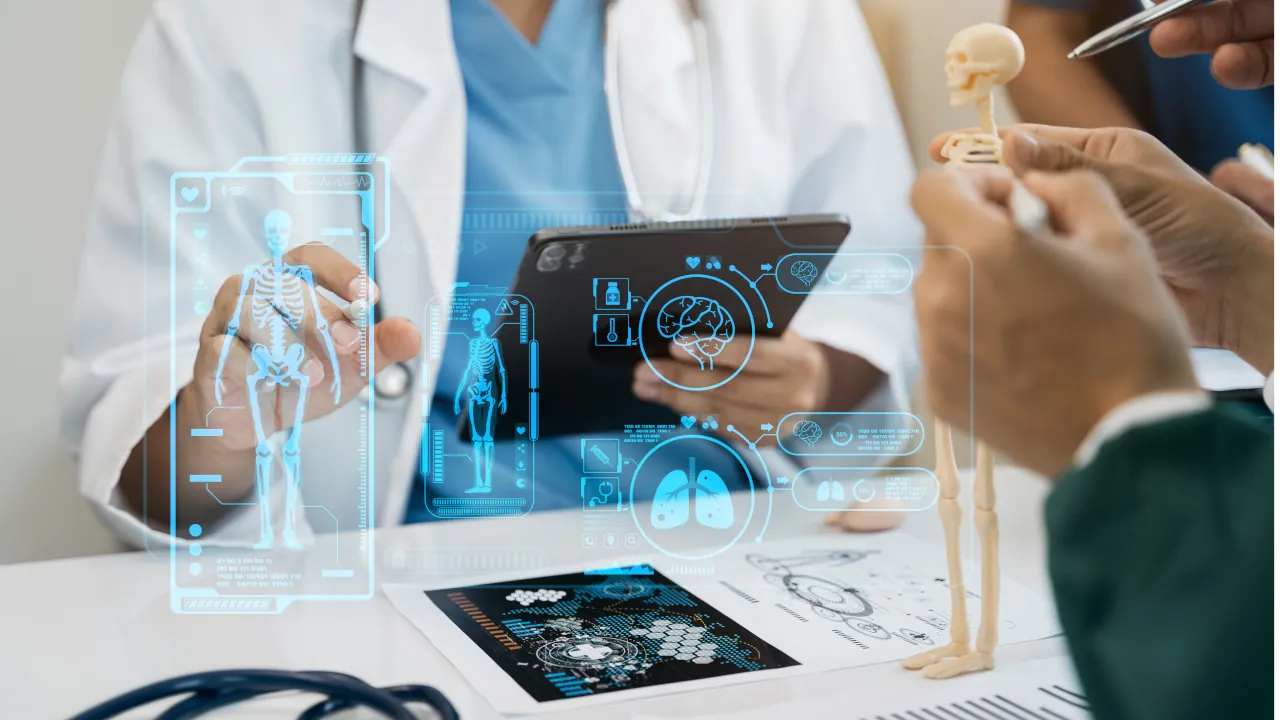Mental health disorders affect millions of people worldwide, yet early detection and accurate diagnosis remain significant challenges. Traditional methods often rely on self-reported symptoms and clinical interviews, which can be subjective and time-consuming. Fortunately, Artificial Intelligence (AI) is revolutionizing mental health care by enabling faster, more precise, and proactive diagnosis. This breakthrough is changing the way mental health conditions are identified and treated, leading to better outcomes for patients.
The Importance of Early Detection in Mental Health
Early detection of mental health issues such as depression, anxiety, bipolar disorder, and schizophrenia is crucial. The sooner a condition is identified, the sooner treatment can begin, reducing the risk of severe symptoms, complications, and long-term impacts on quality of life. Early diagnosis also helps combat the stigma surrounding mental health by encouraging timely support and intervention.
How AI Enhances Early Detection
AI technology excels at analyzing large volumes of complex data quickly, making it an ideal tool for detecting subtle signs of mental health conditions that might be overlooked in traditional assessments.
1. Analyzing Speech and Text Patterns
AI algorithms can analyze voice tone, speech pace, and language use during conversations or therapy sessions. Changes in these patterns may indicate depression or anxiety. Similarly, AI processes written text—from social media posts to journaling apps—to identify emotional states and early warning signs.
2. Facial Expression and Behavioral Analysis
Using computer vision, AI can detect micro-expressions and body language that reveal emotional distress or mood changes. These insights can provide valuable clues during virtual consultations or even in everyday interactions via smartphone cameras.
3. Integration of Wearable Data
Wearable devices track physiological markers such as heart rate variability, sleep patterns, and activity levels. AI processes this continuous stream of data to detect anomalies linked to mental health fluctuations, enabling real-time monitoring and early alerts.
AI-Powered Screening Tools
Several AI-driven mental health apps and platforms are now available, offering accessible and confidential screening options. These tools use questionnaires, chatbots, and behavioral data to provide users with preliminary assessments and recommend professional follow-up if needed.
Benefits of AI in Early Mental Health Diagnosis
- Increased Accuracy: AI reduces human error by objectively analyzing multiple data sources.
- Faster Diagnosis: Automated data processing speeds up evaluation times.
- Greater Accessibility: Digital tools reach people in remote or underserved areas.
- Personalized Insights: AI customizes assessments based on individual behavioral patterns.
- Reduced Stigma: Early and private screening encourages people to seek help sooner.
Challenges and Ethical Considerations
While AI offers tremendous promise, challenges remain. Protecting patient privacy and ensuring the ethical use of sensitive mental health data is paramount. Additionally, AI models must be trained on diverse datasets to avoid bias and ensure fair diagnosis across all populations.
The Future of AI in Mental Health Diagnosis
As AI technology continues to advance, we can expect even more sophisticated tools for early detection. Combining AI with virtual reality therapies, brain imaging, and genetic testing will further enhance personalized care. Collaboration between mental health professionals, technologists, and policymakers will be key to harnessing AI’s full potential responsibly.
Conclusion
AI is fundamentally transforming early detection and diagnosis in mental health by providing faster, more accurate, and accessible tools. This technological leap promises to improve the lives of millions by facilitating timely intervention and personalized care. As AI continues to evolve, it holds the potential to revolutionize mental health treatment and support a future where no one has to face mental illness alone.


Leave a Reply